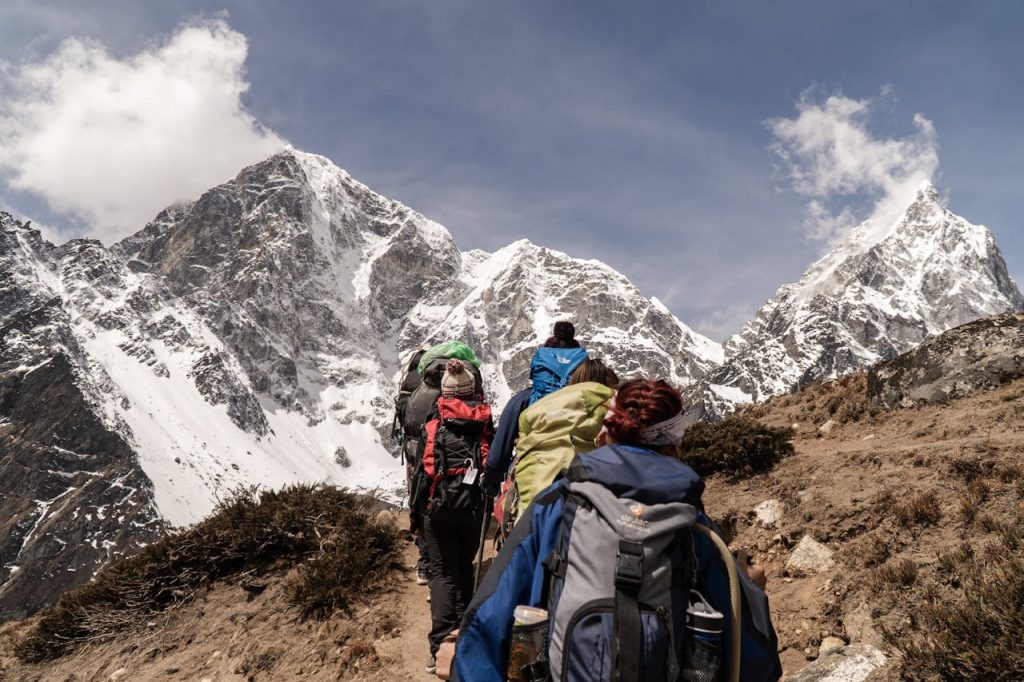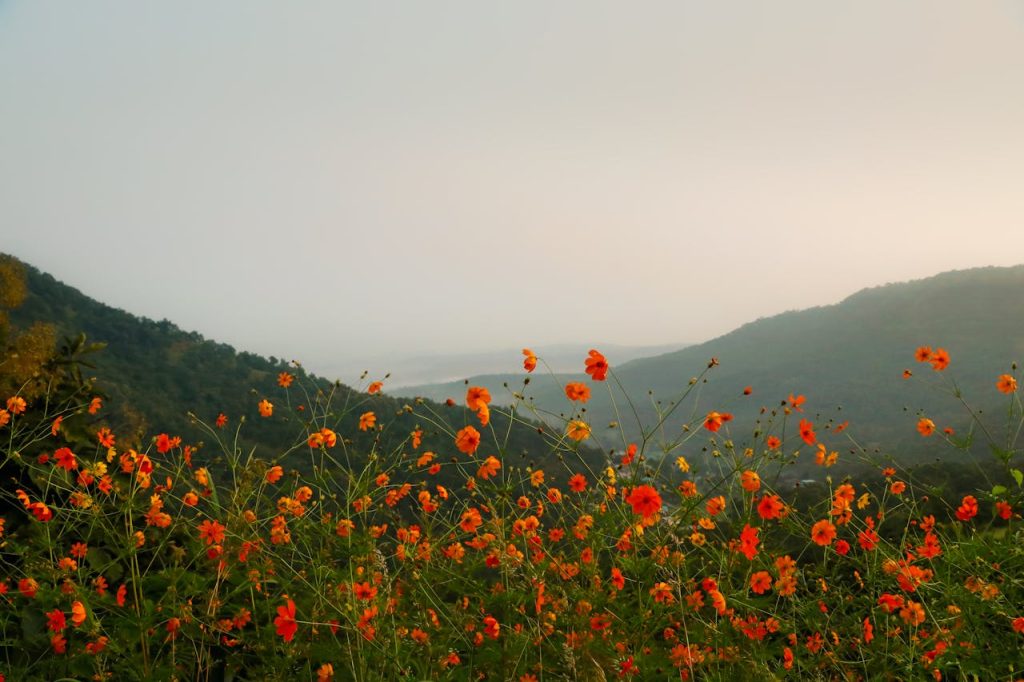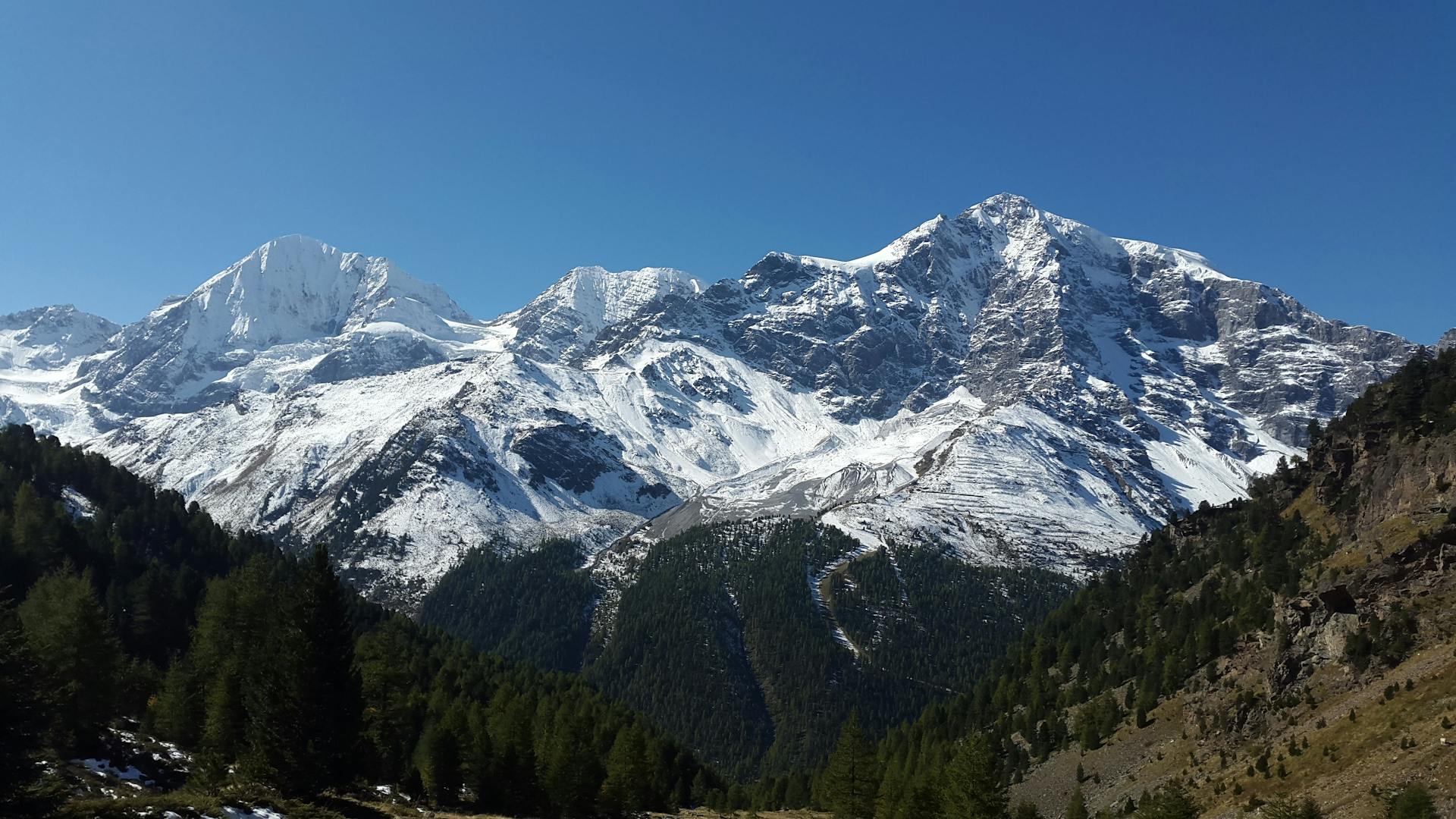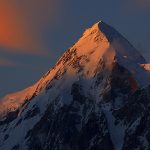Malubiting Mountain, a stunning peak in the Karakoram Range, stands tall as one of the most iconic and challenging mountains in Pakistan. With an impressive elevation of 7,458 meters (24,534 feet), Malubiting is the second-highest peak in the Haramosh group and a dream destination for mountaineers, trekkers, and nature enthusiasts. Its pristine beauty, coupled with the allure of its rugged terrain, offers a truly unmatched experience.
Location and Geographical Significance
Malubiting is located in the Gilgit-Baltistan region of Pakistan, nestled in the Haramosh Valley. This peak lies in the western part of the Karakoram Range, near the Indus River, providing breathtaking views of the surrounding glaciers, valleys, and peaks. Its position makes it a key feature in the region’s geography, attracting adventurers and researchers alike.
A Mountain with Many Faces
Malubiting is also referred to as “Malubiting Sar,” and it is renowned for its complex structure, which includes multiple ridges and faces. Its challenging climbs and icy slopes have earned it a reputation among mountaineers. The three main faces of the mountain — the North, East, and South — offer distinct climbing challenges, each demanding different skills and techniques.
Why Visit Malubiting Mountain in 2025?
- Adventure Tourism Growth: With increased awareness of Pakistan’s mountainous beauty, Malubiting has become a sought-after destination for climbers and trekkers.
- Unparalleled Scenic Beauty: The mountain’s snow-capped peaks, combined with lush green valleys and glacial streams, make it a paradise for photographers and nature lovers.
- Unique Challenges for Climbers: Its steep slopes, unpredictable weather, and technical routes attract seasoned climbers seeking to test their skills.
Key Features of Malubiting Mountain
- Towering Elevation: At 7,458 meters, Malubiting is among the tallest peaks in the Karakoram, offering awe-inspiring views of the surrounding landscape.
- Proximity to Glaciers: The Haramosh Glacier and other nearby ice formations enhance the mountain’s visual appeal and provide additional trekking opportunities.
Treks and Climbs Around Malubiting

While climbing Malubiting is a highly technical endeavor, trekking in the surrounding region is more accessible and equally rewarding.
- Haramosh Valley Trek: This trek offers mesmerizing views of Malubiting along with lush meadows, alpine lakes, and traditional Balti villages.
- Haramosh Glacier Trek: A challenging yet stunning route that provides close-up views of the glacier and Malubiting’s rugged slopes.
- Malubiting Base Camp Trek: For those who want to get as close as possible to the mountain without climbing, this trek offers an unforgettable experience.
Challenges of Climbing Malubiting
- Steep and Icy Slopes: The mountain features challenging ice walls and narrow ridges that require expert climbing skills.
- Unpredictable Weather: Like many peaks in the Karakoram, Malubiting’s weather can change rapidly, posing risks to climbers.
- Isolation: Its remote location means climbers and trekkers must be self-sufficient and prepared for emergencies.
Tips for Exploring Malubiting Mountain
- Plan Ahead: Research permits, routes, and necessary gear well in advance.
- Hire Local Guides: Experienced guides from the Haramosh Valley can help navigate the region and enrich the experience with local insights.
- Prepare for Altitude: Ensure proper acclimatization to avoid altitude sickness.
- Respect Nature: Leave no trace behind to preserve the mountain’s pristine environment.
Cultural Significance
The Haramosh Valley, where Malubiting is situated, is home to the Balti people. Their rich culture, hospitality, and traditional lifestyle add a unique dimension to any visit. Interacting with the local community offers insights into their centuries-old traditions, cuisine, and folklore.
The name “Malubiting” itself has roots in the local language, adding to the mountain’s mystique and connection to the region’s heritage.
Flora and Fauna

Malubiting’s ecosystem is diverse, with alpine meadows, wildflowers, and a variety of wildlife. Rare species such as the snow leopard, ibex, and Himalayan brown bear inhabit the area, making it an ecological treasure. Birdwatchers can also spot golden eagles and Himalayan vultures soaring above the valleys.
Why Malubiting Deserves Your Attention
While the Karakoram is known for its famous peaks like K2 and Nanga Parbat, Malubiting offers a unique blend of beauty, challenge, and cultural richness. It’s an excellent choice for those seeking adventure and serenity away from the more crowded routes.
Table of Contents
External Link for Further Reading
For more insights into Malubiting Mountain, visit this resource.
Conclusion: Malubiting Mountain
Malubiting Mountain is not just a peak; it’s a symbol of nature’s grandeur and resilience. Whether you’re a climber testing your limits, a trekker soaking in the scenery, or a cultural enthusiast exploring the local heritage, Malubiting offers something for everyone.


